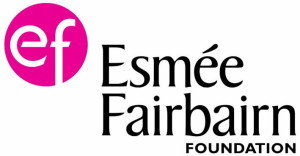About this project
Why are we involved in traditional orchards?
We have been involved with research and conservation work on the noble chafer beetle, one of the UK’s most endangered species that in the UK almost exclusively lives in old fruit trees. It was for this work that we were already mapping traditional orchards when this habitat was promoted to a Priority Habitat.
With Natural England funding we mapped all of the traditional orchards in England and Wales to create the first ever inventory of traditional orchards, many of which a fantastic network of volunteers then condition assessed.
Not only have we seen a dramatic loss in the amount of traditional orchards over the last few decades, the condition assessments showed that of those remaining, only 9% were providing the ‘excellent’ long term wildlife habitat they could be, with 45% were in ‘declining’ condition.
This is a disaster for the thousands of species that live in and depend upon orchards, which provide a hugely rich habitat for biodiversity. One recent study looked at just three orchards and counted over 1800 species in them.
What does this project aim to do?
With the generous support of the Esmée Fairbairn Foundation, The Martin Laing Foundation and The Langdale Trust, this project will improve the condition of traditional orchards around the country by providing guides to wildlife sympathetic orchard management, giving grants to help replant old traditional orchards and raising awareness of the value orchards provide to our wildlife.
In addition to this orchard information centre, we are compiling a database of all fruit varieties still being grown in the UK. This will hold information about where each variety originated which will be searchable to county level, as well as link to suppliers of these varieties. Across the country there are regional and specialist collections, some public, others held by enthusiasts, but information regarding their whereabouts is fragmented and patchy, and such knowledge is often transient. Moreover, no single collection is complete or exhaustive, not even the National Fruit Collection at Brogdale. Our database will not only keep a record of all known collections in a single place, we will also identify those critically endangered varieties with current records at only one or two sites. We aim to repropagate them to additional collections
